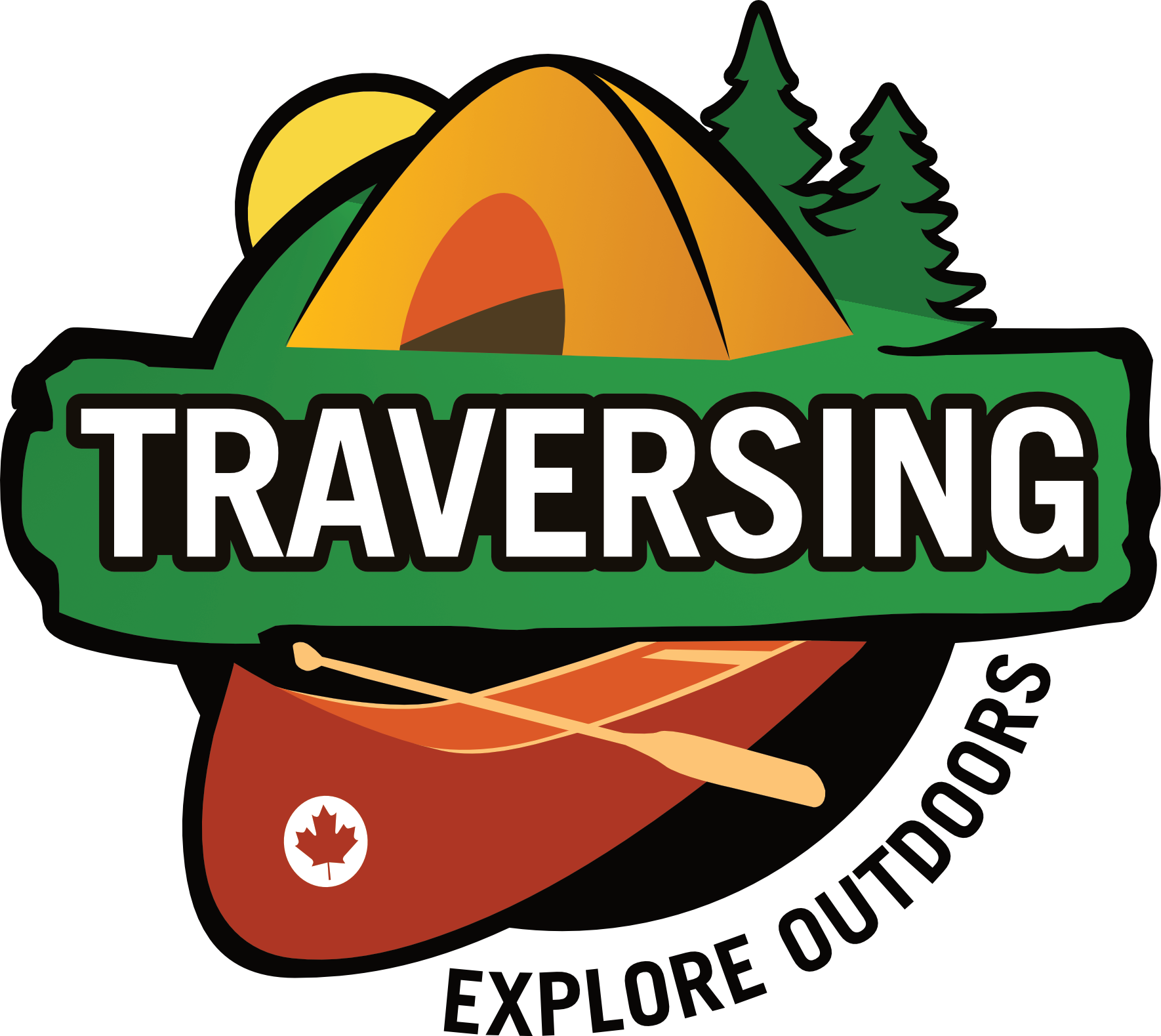2015 North American Camping Report
The KOA commissioned an independent research project to look into the camping habits of North Americans. The 2015 North American Camping Report was recently released. Although the majority of the statistics were focused on the States, there was a lot of interesting information about Canadian's camping habits that could be gleaned from it. For the statistics, they wanted to set a baseline by defining what 'camping' is...
“Any occasion when you spent at least one night outside of your primary residence and stayed in accommodations such as a tent, trailer, RV, vehicle or cabin/cottage at a campground.”
From the report we learned that...
General Statistics
- The 'average number of camping trips' and 'average number of nights camping' are both on the rise
- Since 2012, nonwhite ethnic groups are camping more
- The top three reasons for camping are...
- Camping allows me to reconnect with the outdoors
- Camping reduces stress and relaxes me
- Camping allows me to spend more time with friends and family
- The number one reason for not camping more often is that "there is just no time"
- Clean and well maintained bathhouses/restrooms is the number one thing that campers value most, followed by Kid-friendly, then Free Wi-fi
Nearly all campers (83%) state that they bring their cell phones along with them when camping.
31 percent of campers who are online while camping are using social media such as Facebook and Twitter, it appears that many campers are using social media to share their camping experiences during the experience versus waiting until they are home.
Canadian Statistics
- 68% of Canadians say that they camp at least occasionally (Higher than the U.S. who fluctuate between 52 to 68%)
- Canadians travelled 274 KM in 2014 to reach their camping destination, and plan to travel (a little further) 293 KM this year
- It is evenly split that Canadians either 'Don't make advanced camping reservations', or 'reserve 2 to 3 weeks in advance'
- Canadians appear to be somewhat more avid campers. They:
- Start camping at a younger age
- Are somewhat more connected to the outdoors
- Are more likely to spend time in the wilderness, and
- Are twice as likely as U.S. campers to spend two weeks or more camping
- They are also more likely to be destination campers, yet travel further from home when compared to those in U.S.
- 44% don't bring a pet
About half of Canadian campers say that gas prices are having an impact on their camping this year
- Canadians are also more oriented toward their peers, and are more likely to be influenced by their friends (versus family). They are also more likely than U.S. campers to travel with and visit their friends while camping.
- Even though U.S. campers have an affinity for their national parks (58% intend to visit one in the near future), Canadian campers have an even stronger tie to their provincial parks with 72 percent intending to visit a location in the coming months.
- Canadian campers are less likely to gravitate toward digital technologies and stay connected while camping.
- Fewer Canadian campers bring their cell phones camping (74% versus 84% of U.S. campers)
- They are significantly less likely to go online while camping
- They place less importance on access to and usage of technology while camping
One other interesting thing to note is that campers break down into three groups...
Highly connected with cell phone service, reliable Wi-Fi and other media access
Moderately connected, mostly in the form of knowing that there is digital access if needed, but it’s not a necessary part of the camping experience
Completely disconnected
Which means that destinations will have to consider offering all three types of accommodations as a single campsite that meets the requirements of everyone will no longer suffice.





